Should your next car be electric? Is it all over for internal combustion?
Doubtless you've heard all of the uninformed or misleading hype about electric vehicles. Could you be walking into a financial trap buying a combustion car? Let's talk about future-proofing your next new vehicle purchase…
In this report, we’re going to asses choosing your next new vehicle from a powertrain perspective, because doubtless you've heard all of the hype about electrification.
There’s hybrids, plug-in hybrids, full battery-only electric, as well as conventional internal combustion petrol and diesel engines. So if you buy a conventional vehicle, is its value going to collapse over the next five to ten years that you own that vehicle?
Therefore, would you be better off embracing the alternatives now?
Check out my Understanding Batteries report here >>
Sorry to be bubble-bursting so early in this report, but I've crunched the numbers and guess how many EVs Australia currently buys, as a percentage of total sales. Any idea?
It’s 2.7 per cent of total sales, in 2022 so far, using the latest data available to the end of October. That means, of course that 97.3 per cent of sales involve filthy CO2 belching combustion, and some of those are hybrid, admittedly, including some plug-in hybrids - but not too many.
This data comes from the Federal Chamber of Automotive Industries; it's the one useful thing they do.
Some 24,000 electric cars have been sold so far this year, to the end of October, 2022 - out of almost 900,000 total sales. That's the fact of it. This leaves 874,000 vehicles which are just brand new combustion-based vehicles (including hybrids), all added to the national fleet thus far,
I bet you didn't think the proportion of electric cars was that low. You'd have to expect all of these vehicles to be in service for the next 12 to 15 years, and let's not forget, we've got a fleet of light vehicles of roughly 15 million which is rather a lot.
Should you buy a 2023 BYD Atto 3 electric car in Australia? >>
My AutoExpert AFFORDABLE ROADSIDE ASSISTANCE PACKAGE
If you’re sick of paying through the neck for roadside assistance I’ve teamed up with 24/7 to offer AutoExpert readers nationwide roadside assistance from just $69 annually, plus there’s NO JOINING FEE
Full details here >>
AutoExpert DISCOUNT OLIGHT TORCHES
These flashlights are awesome. I carry the Olight Warrior Mini 2 every day - it’s tiny, robust, and super useful in the field or in the workshop. Olight is a terrific supporter of AutoExpert.
Use the code AEJC to get a 12% discount >>
Generators suck! Go off-grid with AutoExpert BLUETTI PORTABLE POWER STATIONS
Need mobile, reliable power? If you’re camping, boating, caravanning or building a dirty big shed in the back paddock, and you need to run a refrigerator, lights, air conditioner, cooking, and/or a bunch of tools - Bluetti has a clean, tidy, robust solution…
Get your AutoExpert free shipping discount here: https://bit.ly/3n62heK
SHOULD I BUY A HYBRID, EV OR COMBUSTION CAR?
I can kind of see where many consumers are coming from with this kind of question.
You want future-proofing. You’re trying to figure out is this small EV will handle the wife’s driving needs, you’re trying to decide if you can afford one, perhaps you like the idea of charging it up at home and not stopping for fuel anymore.
Problem is the ‘small EV’ you’re hoping for, it doesn't exist. There is no tiny EV ideal for running the kids to school and doing some grocery shopping. It’s just not available in the country. They all tend to be big and expensive. Probably the smallest two are Tesla Model 3 and MG ZS EV and they're not exactly Kia Picanto sized cars that you would typically associate with doing 10 kilometres of running every day.
The majority of EVs tend to be expensive as well.
Look at the Australian fleet composition and you’ll see 15 million vehicles, the new car sales composition of which is basically one million vehicles every year - ballpark.
If the fleet stagnates in size and we magically change all new vehicles to electric, that's a 15-year project turnaround time to replace every vehicle currently on the road. That's just basic mathematics. That's how long it takes.
We would be retiring one million vehicles every year. This is a huge number of vehicles in total that we need to think about replacing; it's 15 lanes wide of gridlock stretching from Perth to Sydney. It's not going to happen like that because those vehicles cannot be supplied in that volume currently.
Even if we looked at maybe one in every two vehicles being electric for the foreseeable future, in terms of the sales composition in dealerships, that's a 30-year proposition. If it's one in every four, that’s a 60-year proposition. It’s starting to look like a multi-generational project, isn’t it?
So anybody who says that this ‘transition’ is going to be rapid is off with the fairies. The obvious conclusion that we have to draw from this is that liquid fuels, as in fossil fuel powered vehicles, are going to be part of the mix for at least the next two decades. Therefore, a premium type of vehicle like Hyundai Santa Fe Highlander which many people own today, that is still going to be popular in the context of the next decade because there's going to be somebody wanting to buy it.
Australia's cheapest EV is $45K, the MG ZS EV - which is $11,000 more than a turbo-petrol top-spec ZS normally.
Kia Sorento’s 2.2 diesel is one of the smoothest engines of its ilk, yours for $53K, goes further, moves more people, carries more stuff, can tow trailers. In GT-Line form it’s one of the most comfortable luxury seven-seat SUVs ordinary mainstream money can buy, at $69K - the rough price of most electric vehicles.
Toyota RAV4 Hybrid is barely adequate, but dies cut emissions accelerating from a standing start. But with a tiny battery, don’t expect miracles as the engine continually kicks-in whenever you approach a hill or pull away with moderate throttle input, and is heavier than the combustion version.
The inconvenient problem with EVs, of course, is that they're 50 per cent more cost just based on equivalence. If you want the same thing in an EV, it's going to cost you 50 percent more. So let’s use that as the commercial, logistical, fact-based framework that we're looking at here.
There are so many people who contact AutoExpert saying they ‘don't want to be left with a valueless lemon by spending $50-$70,000 on a diesel SUV now (or something of that nature)’. But you can rest assured, it's not going to happen like that, because the transition to EVs cannot happen rapidly. It just can't.
Take a look at what you're buying. In addition to the 24,000 electric vehicles that Australians bought so far this year, there's also been a few plug-in hybrids. Although, not many - just 5048 plug-in hybrids sold so far this year; that's 0.6 per cent of the total - and they can operate as a quasi-EV for some of their driving. Obviously, this is why they're a bit attractive to some people.
Should I buy a hybrid in 2023? >>
But clearly, the plain old hybrids have sold 66,175 of those, that's 7.4 per cent of the total fleet. These are the ones that just derive their fuel efficiency benefit from regenerative braking. Mainly hybrid Corolla, Camry and RAV4s, and maybe some others, but Toyota does tend to have that segment of the market cornered.
We've also sold 13 hydrogen cars, technically, but good luck fuelling them up anywhere unless you’re part of the Hyundai and Toyota fleet evaluation vehicles.
Altogether, if we total the EVs, plug-in hybrids, fuel cell cars and plain old regenerative hybrids together that's actually 95,105 vehicles or 10.6 per cent of the total - not even 100,000 vehicles out of the almost 900,000 that have been sold as of October 2022.
The preponderance there is that more than two-thirds of those alternative-powertrain vehicles are just regular hybrids from mainly Toyota. So 89.4 per cent of vehicles that have been sold in 2022 are just plain old internal combustion vehicles. That's just how this works.
Interestingly enough, 303,000 of those are diesels, 461,000 have been petrol - so it's roughly 150 petrols for every 100 diesels, ballpark. And if you think heavy trucks might be skewing that data a little bit, there’s only about 4 per cent of total sales that are heavy trucks (that's 38,000 in total out of those 303,000 diesels). So not all that much mathematical skewing from diesel-only heavy trucks.
Diesels also dominate in light commercials, so utes and vans, essentially. There's plenty of diesel SUVs as well, although proportionally not so much in the SUV segment which is more petrols there as well. About 215,000 light commercials have been sold as of October 2022, of those 194,000 are diesels - just 41 of those were electric. The rest: petrol.
SUVs make up more than half of total sales, in fact 53 per cent of total sales, if you want to get right down into the granular detail. Just 12,000 out of those 473,000 SUVs were electric - that's 2.5 per cent - and let's not forget SUVs are growing, whereas passenger cars are shrinking.
People are coming out of passenger cars and going into bigger, heavier SUVs, hence passenger cars are a dying segment. They sold 10 per cent fewer vehicles so far this year, comparing with the same period last year. Meanwhile, light commercials and SUVs grew because people love their SUVs and their utes; about 11,700 of the dying passenger vehicle segment’s total sales were electric - that's just seven per cent. But the segment is shrinking and that's not going to stop anytime soon.
PHEV: The truth about buying a plug-in hybrid. Is it worth the money? >>
WHO’S WHO IN THE ZOO?
When you look at the top 10 vehicles, which are actually about a third of the market, more or less 31 per cent of total sales are locked into the composition of the top ten. So it's a bit of a window into the market more broadly, without all of the noise of vehicles that sell in single digits.
The top 10 vehicles are:
Ford Ranger
Toyota Hilux
Toyota RAV4
Mazda CX-5 review here >>
MG ZS
Isuzu D-Max (Check out Isuzu D-MAX and MU-X: DON'T BUY in 2023 >> while you’re at it.)
MG 3
Toyota LandCruiser 300
Mitsubishi ASX
Now, two vehicles in that list are available in ‘eco’ variants and that would be the RAV4, which is available as a hybrid, (but total sales of RAV4 are not just the hybrid, some of them are combustion), and the MG ZS which is available as the ‘+EV’. The latter is Australia's cheapest EV. I'd suspect however, that most MG ZS that have sold are the petrol ones.
You can't buy an affordable electric ute en masse, either. Sure, LDV has their new eT60, but it sucks >> and the three most popular vehicles are utes - the Ford Ranger, the Toyota Hilux and the Isuzu D-Max. Also, Toyota Land Cruiser doesn’t have a hybrid or all-electric model. Yet these are the four morbidly obese, insanely popular mainstream vehicles Australia buys.
The other two popular models would be the Kia Sportage and the Mitsubishi ASX which both have something of a comparative weight problem, when put against the more fuel efficient light car alternatives. There is only one fuel efficient light car of conventional powertrain in the top 10 and that's the MG 3 and I'd suspect that it's not there for its fuel efficiency, nor for its overall refined brilliance. It's more likely to be there because it's cheap.
Check out: Electric Utes: The BIG problem with EV pick-up trucks and towing >> You’ll be glad you did.
And of course, as I touched on, you can't buy an electric ute or all-terrain hardcore 4X4 vehicle like a LandCruiser or Nissan Patrol - they just don't exist with an electric powertrain. Even if they did, you couldn’t tow the boat or caravan as far as Dingo Piss Creek anyway.
All in all, it’s quite safe to buy an internal combustion vehicle in 2023. Just make sure it’s the right one for you.
WHAT HYBRID VEHICLE ARE YOU SHOPPING FOR?
Hyundai IONIQ 5 EV - full launch, price & specification details >>
2021 BMW 330e plug-in hybrid: the definitive review and buyer's guide >>
2020 Subaru Forester hybrid review & buyer's guide >>


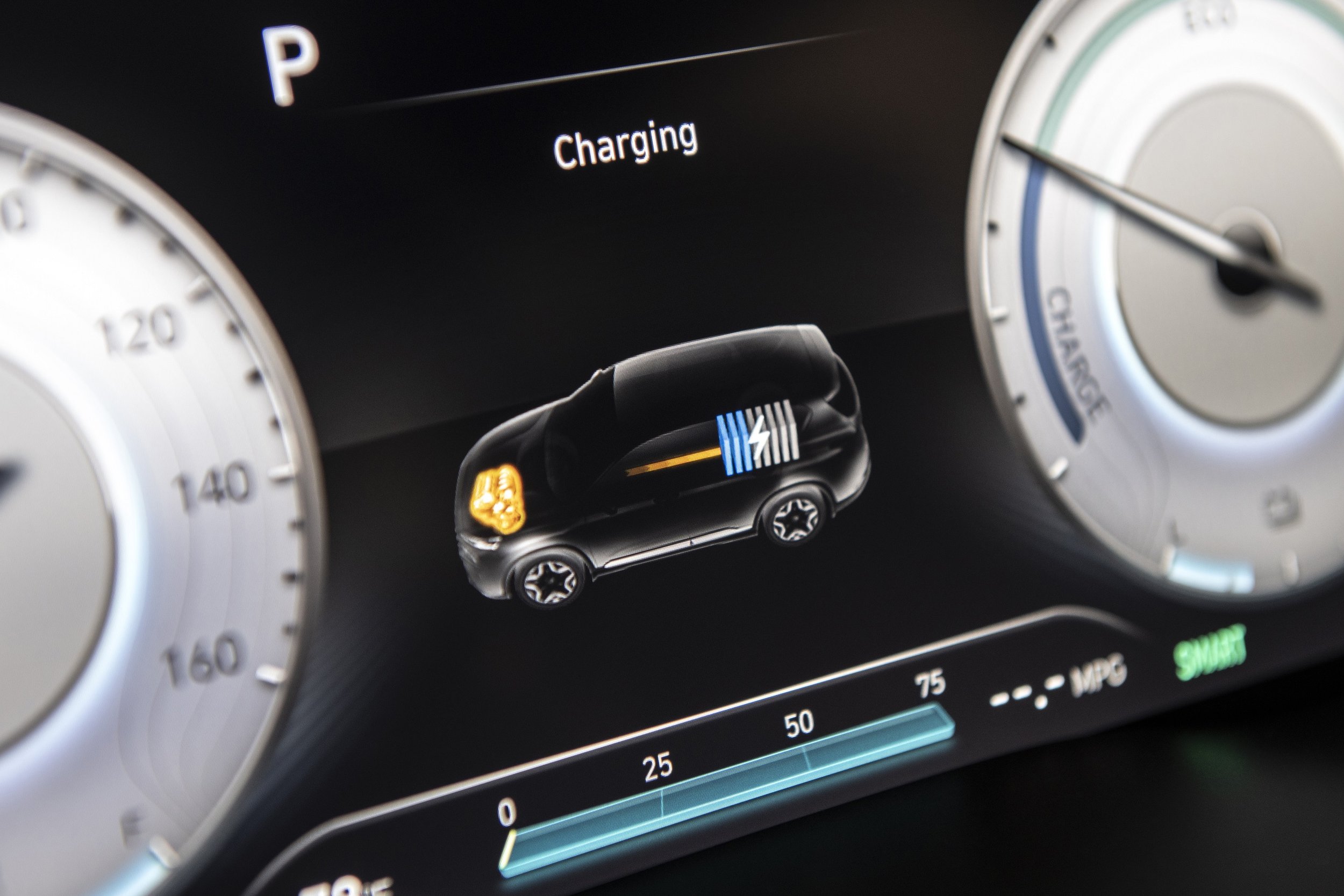
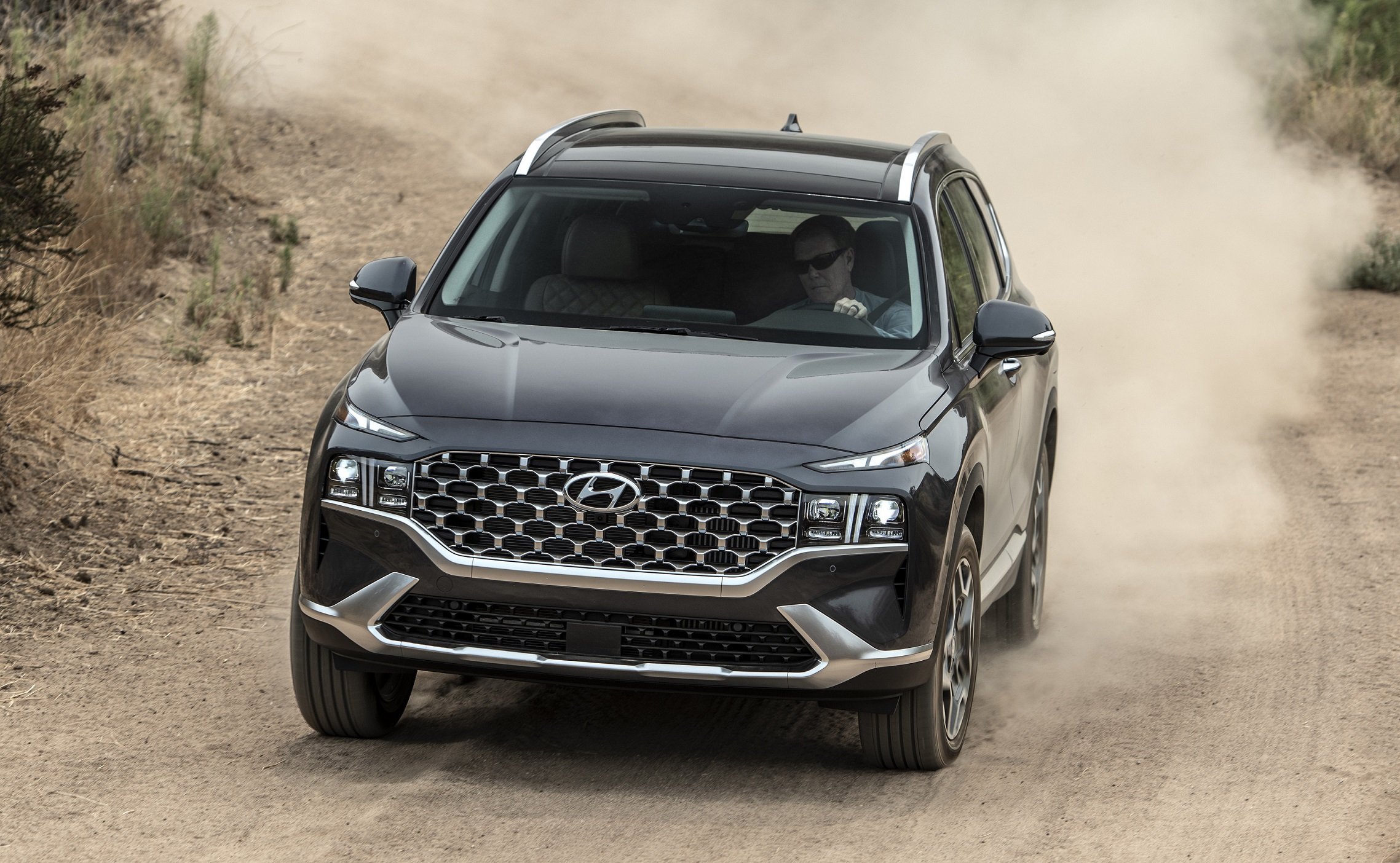



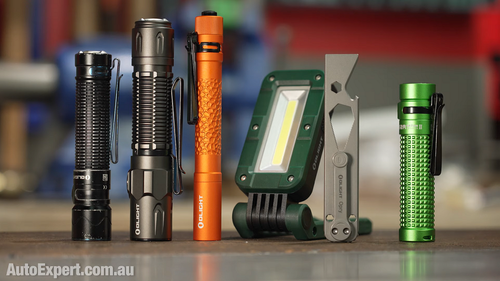

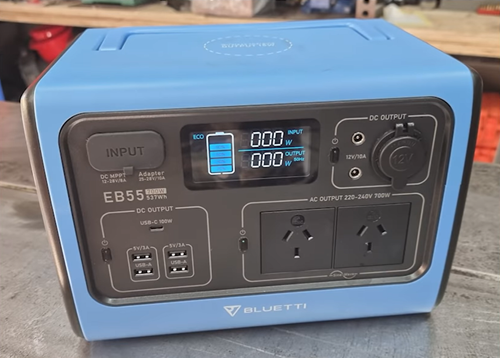
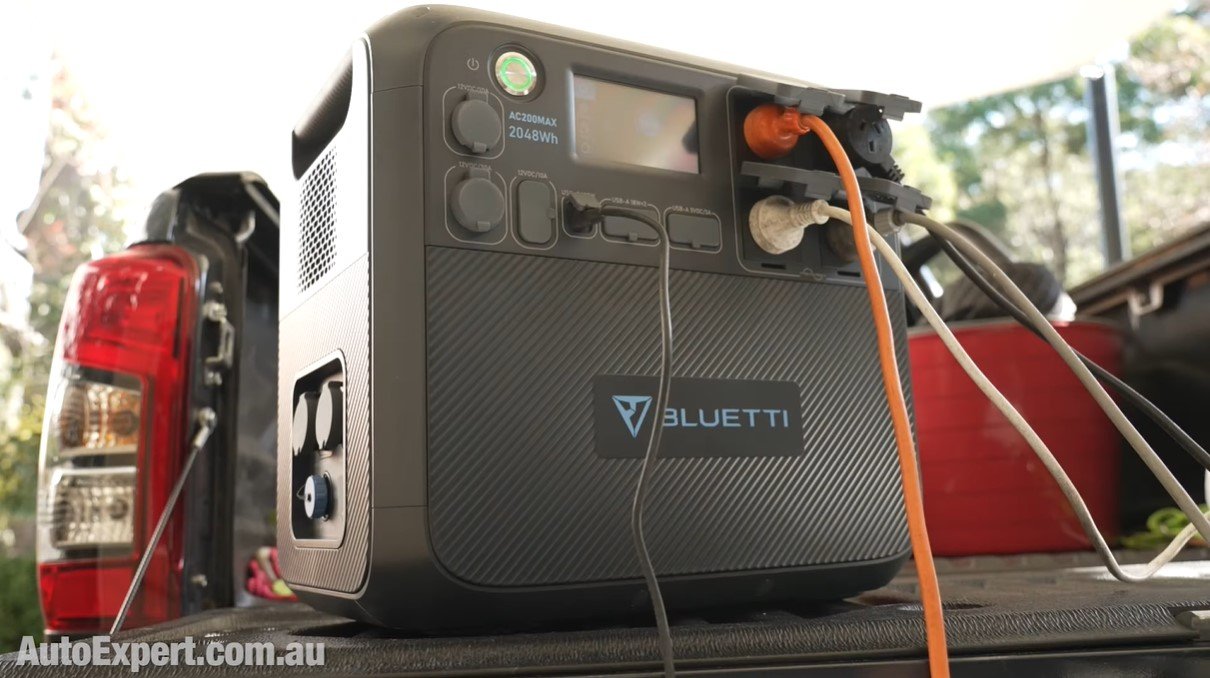







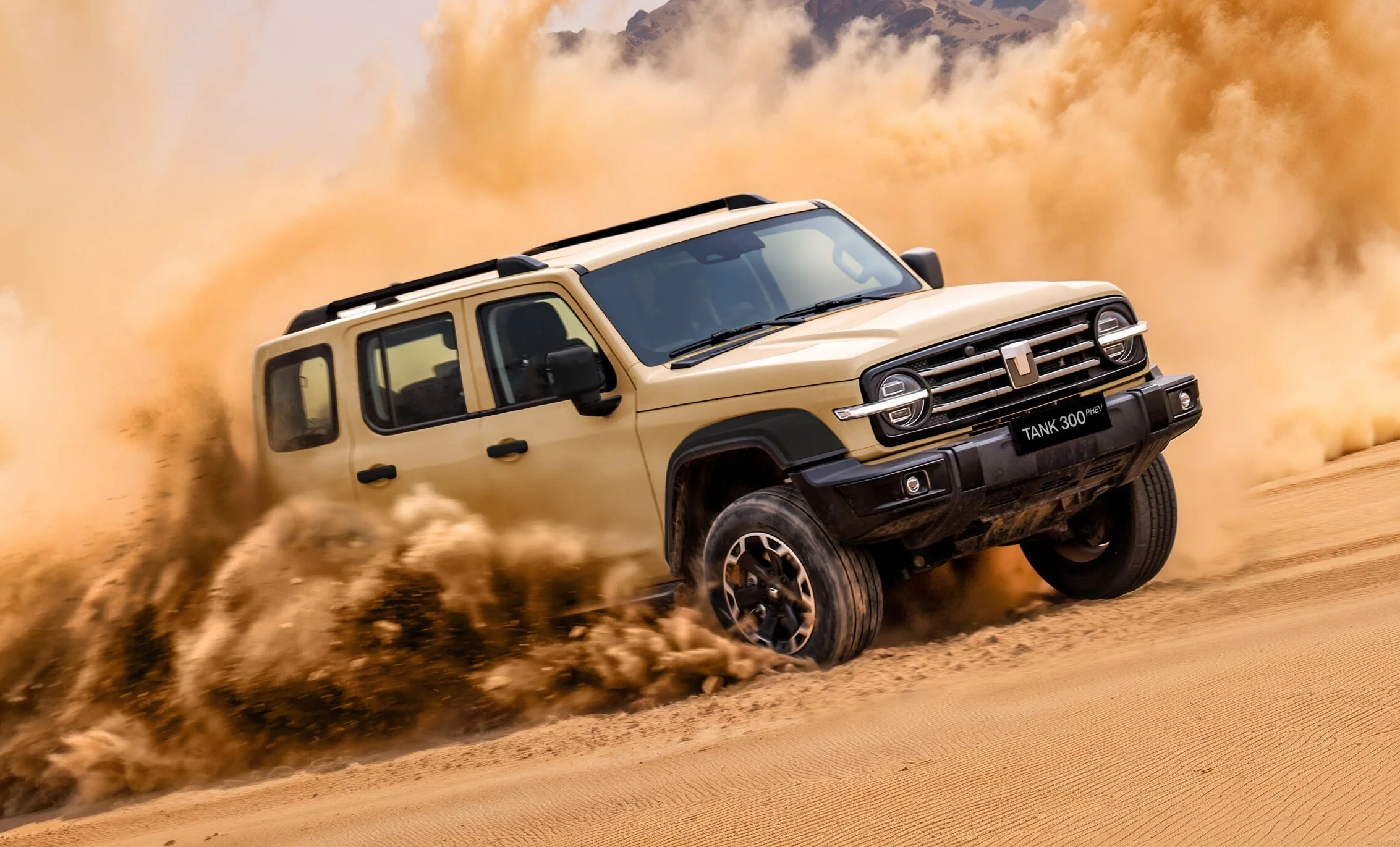


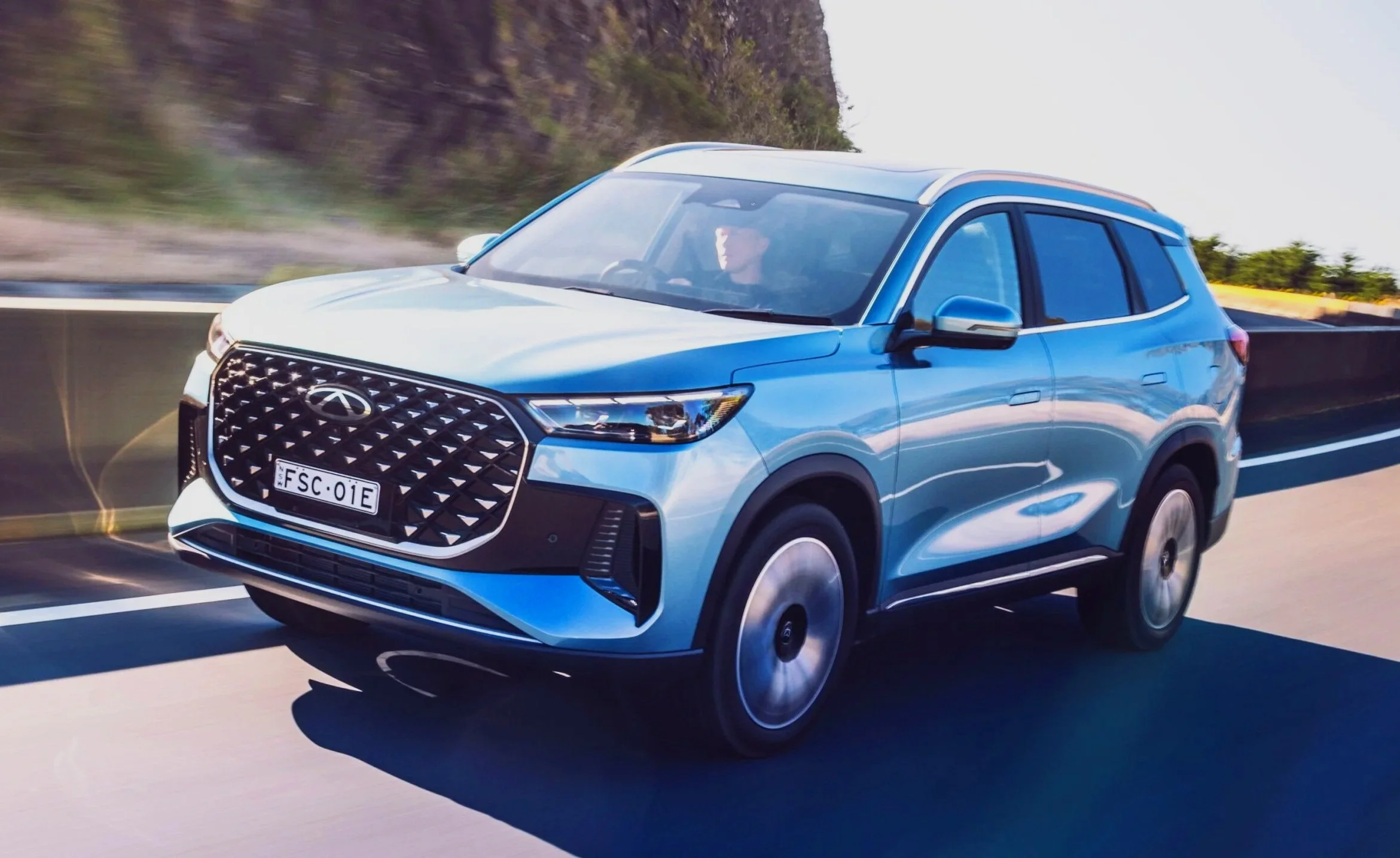
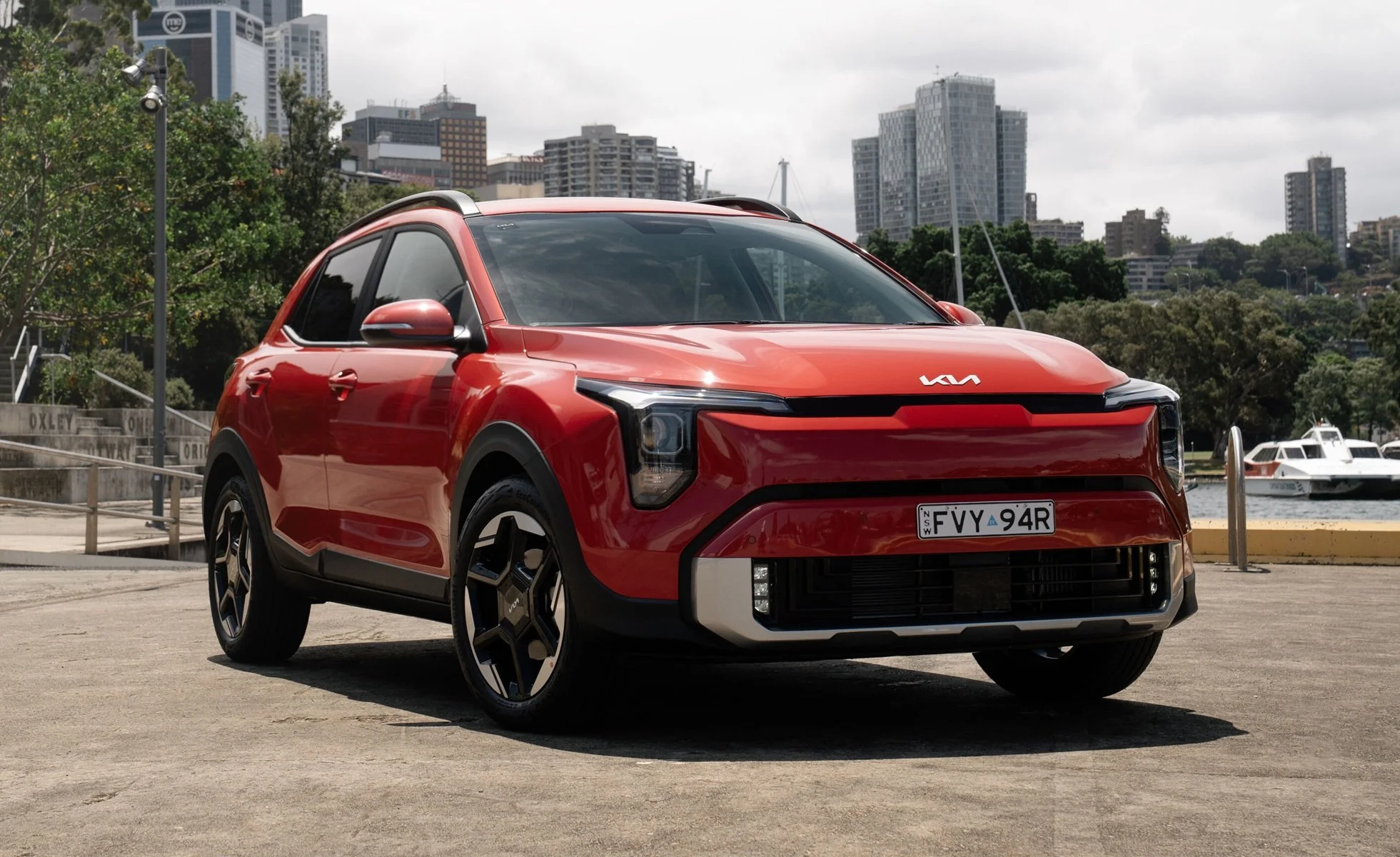
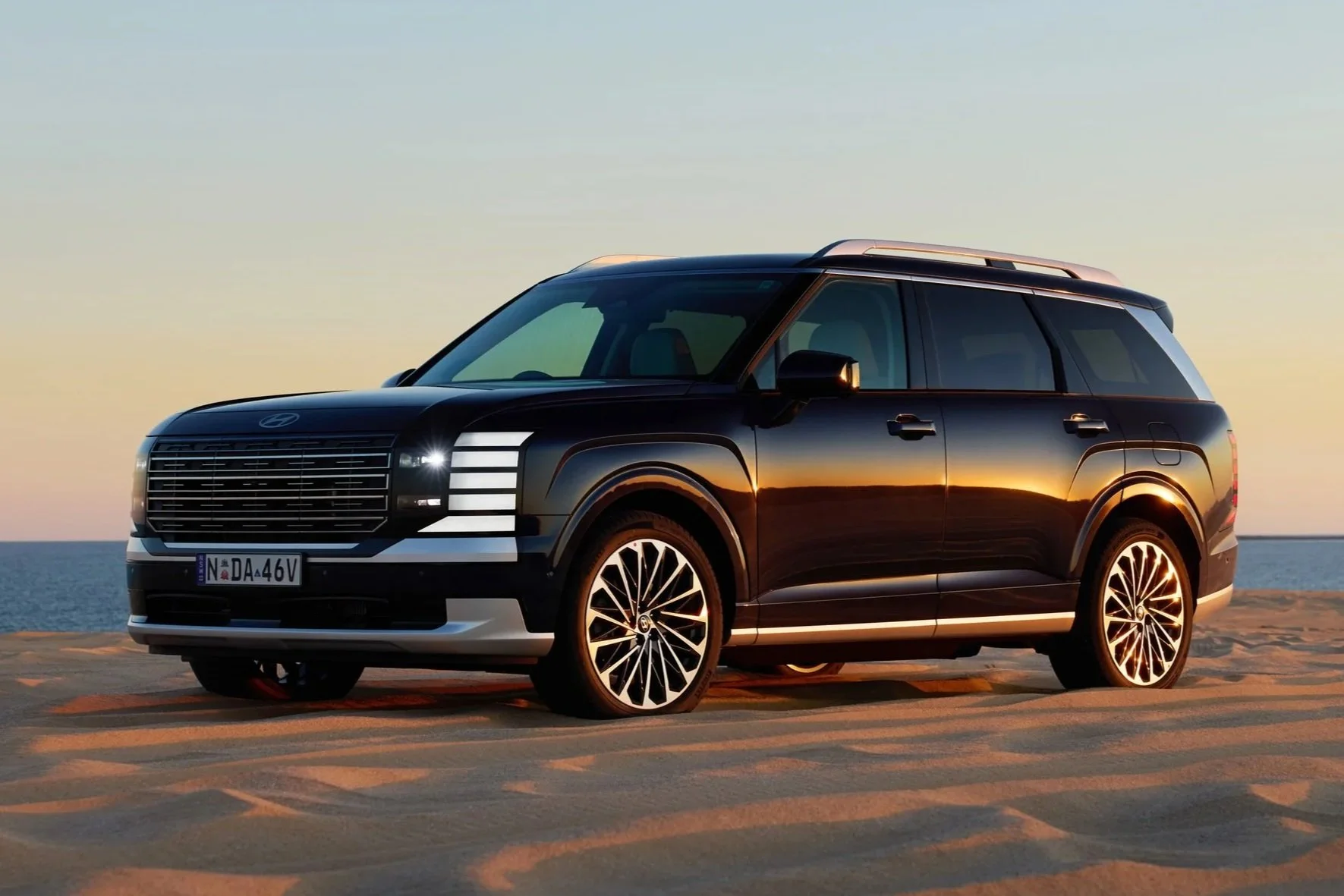
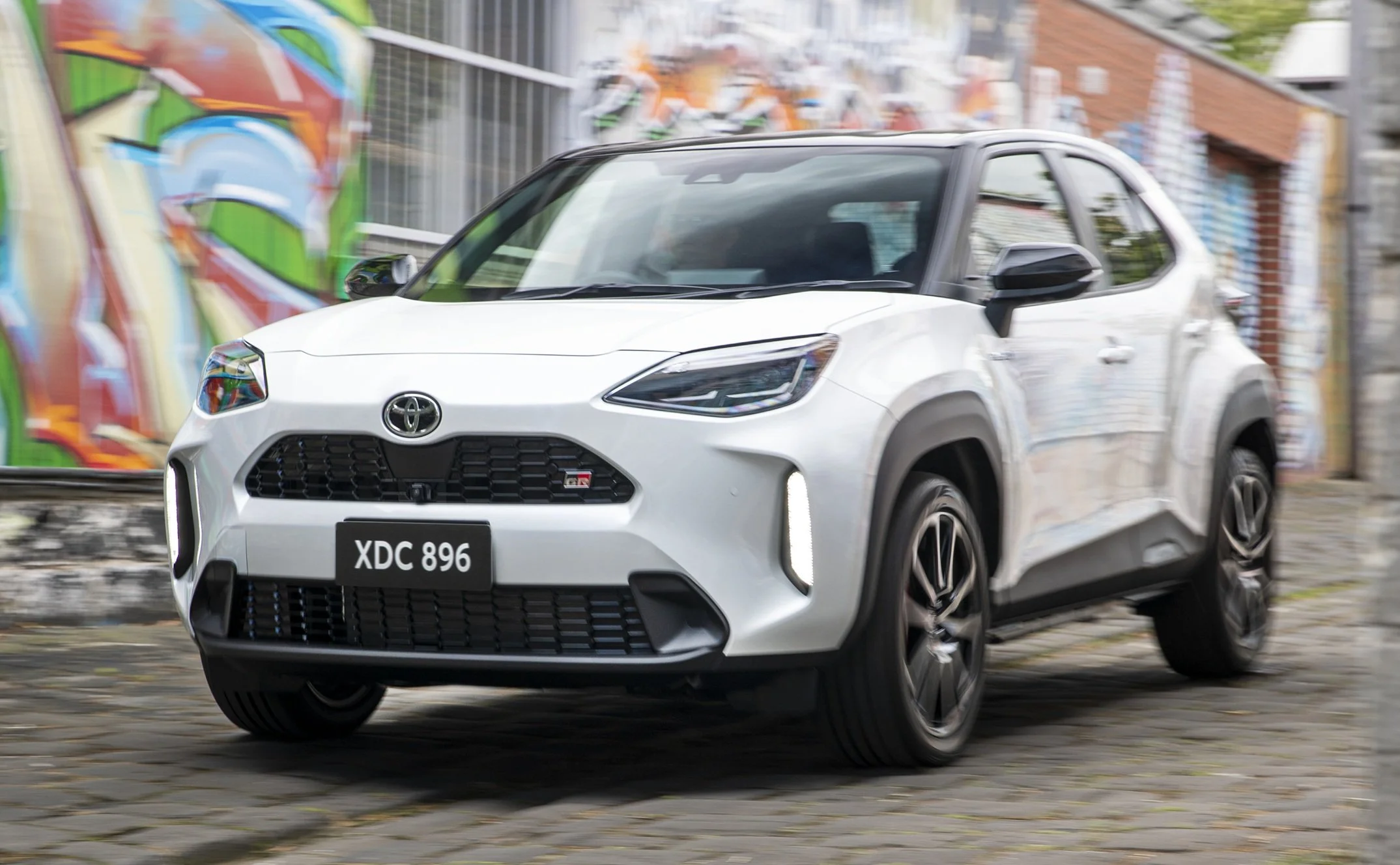


Just because a ute is cheap, that doesn’t mean it’s worth the money. Is the GWM Cannon more than just a cut-price Ranger wannabe? Can it offer towing, off-roading capability and robust design to compete with the big brand dual-cab utes like Hilux and Triton?